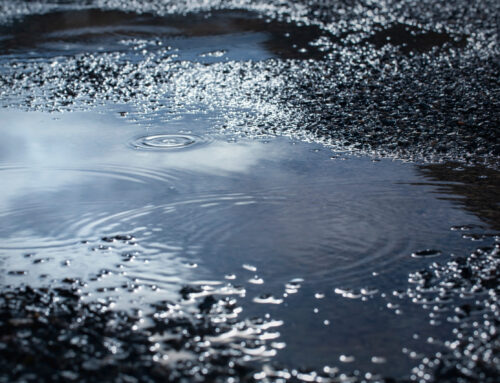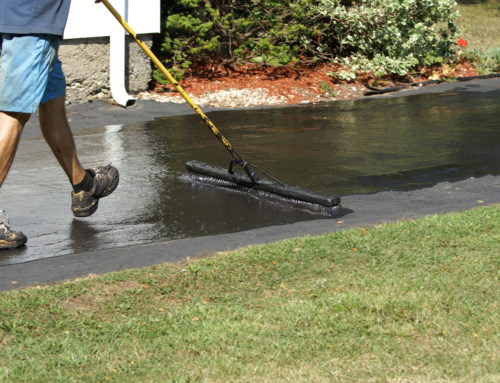In our last blog, we discussed several of the primary benefits of using sealcoating. Not only will sealcoating protect from water damage and slow oxidation, it can also dramatically improve the appearance of your asphalt! The use of sealcoating is a necessity. In the last blog, we briefly mentioned the different types of sealcoating. Today we will learn about these different types, diving into diving into their strengths and weaknesses.
Coal Tar Sealer
Coal tar is not easy to make. This thick, viscous sealer is made through the careful distillation of bituminous coal. One ton of coal is melted down to produce approximately 8.8 gallons of crude tar. This crude tar requires further distillation through a carefully controlled process. Coal tar is amazingly adhesive and fantastic at water-proofing. It is additionally very resistant to ultraviolet radiation, which contributes to oxidation. Finally, it is resistant to many corrosive solvents. Many local and state governments do not allow the use of coal tar.
Asphalt
Asphalt is a popular alternative to coal tar and widely used since most local and state governments do not allow the use of coal tar. Asphalt is closer to cement in appearance than coal tar is except not in color. It is a very complex mixture of compounds. Although it has excellent adhesive and water-proofing properties, it has less resistant to ultraviolet radiation and petrochemicals such as oil and grease. Depending on the job, asphalt sealer can be a less expensive alternative and is widely used in the industry.



